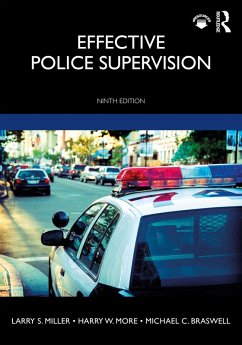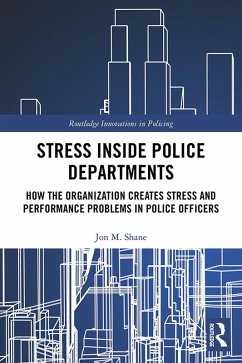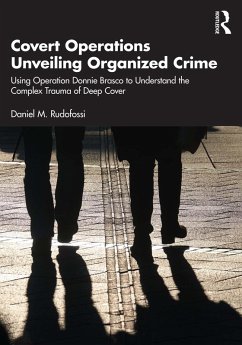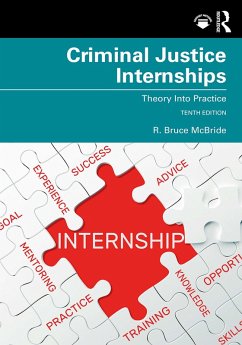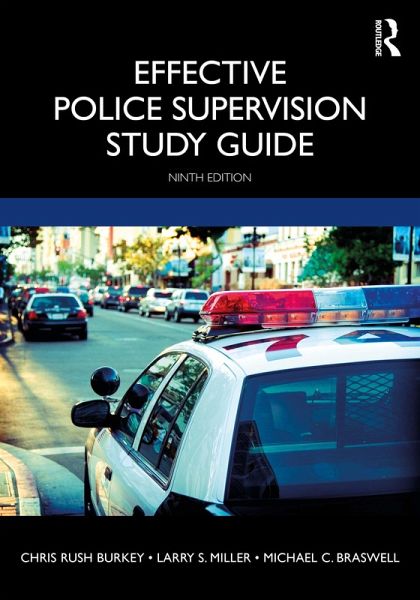
Effective Police Supervision Study Guide (eBook, PDF)
Versandkostenfrei!
Sofort per Download lieferbar
37,95 €
inkl. MwSt.
Weitere Ausgaben:

PAYBACK Punkte
19 °P sammeln!
Good police officers are often promoted to supervisory positions with little or none of the training it takes to be a good manager. An understanding of group behaviors and organizational dynamics is necessary to grasp the fundamentals of managing police officers. The Effective Police Supervision Study Guide coordinates with the core text used in many college-level classes and police departments to teach supervisory practices in criminal justice. This study guide prepares both students and professionals for academic or promotional exams, offering them an opportunity to fully review the material...
Good police officers are often promoted to supervisory positions with little or none of the training it takes to be a good manager. An understanding of group behaviors and organizational dynamics is necessary to grasp the fundamentals of managing police officers. The Effective Police Supervision Study Guide coordinates with the core text used in many college-level classes and police departments to teach supervisory practices in criminal justice. This study guide prepares both students and professionals for academic or promotional exams, offering them an opportunity to fully review the material so that they are well-prepared for testing.
This new edition, like the new edition of the textbook it accompanies, includes information on the following topics: police accountability, police involvement with news media, the challenges of dealing with social media, updates on legal considerations, and ways to respond to current issues facing law enforcement with COVID-19 and managing protests.
This new edition, like the new edition of the textbook it accompanies, includes information on the following topics: police accountability, police involvement with news media, the challenges of dealing with social media, updates on legal considerations, and ways to respond to current issues facing law enforcement with COVID-19 and managing protests.
Dieser Download kann aus rechtlichen Gründen nur mit Rechnungsadresse in A, B, BG, CY, CZ, D, DK, EW, E, FIN, F, GR, HR, H, IRL, I, LT, L, LR, M, NL, PL, P, R, S, SLO, SK ausgeliefert werden.






